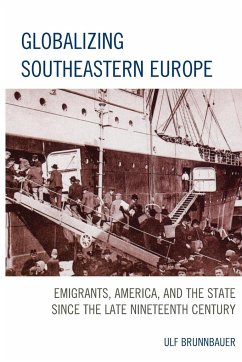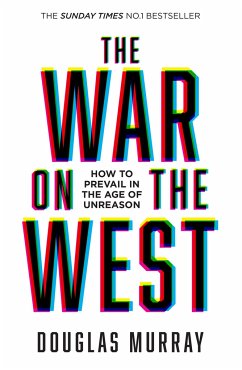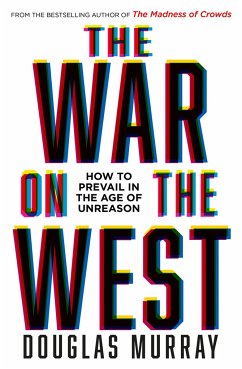
From October to Brest-Litovsk
Versandkostenfrei!
Versandfertig in 1-2 Wochen
16,99 €
inkl. MwSt.
Weitere Ausgaben:

PAYBACK Punkte
8 °P sammeln!
This record by Trotsky is of the events in Russia from the October Revolution of 1917 in Petrograd, to his Signing of the Brest-Litovsk deal with Germany on 3rd March 1918 that removed Russia from World War I. The treaty demanded heavy losses for Russia with regard to the annexation of land and financial indemnities to Germany. In this extended essay, Trotsky contends the reasons why he chose to sign what appears to be a disastrous agreement for Russia.Had the revolution developed more typically - - that is, under serene conditions, as it had in 1912 - - the working class would constantly have...
This record by Trotsky is of the events in Russia from the October Revolution of 1917 in Petrograd, to his Signing of the Brest-Litovsk deal with Germany on 3rd March 1918 that removed Russia from World War I. The treaty demanded heavy losses for Russia with regard to the annexation of land and financial indemnities to Germany. In this extended essay, Trotsky contends the reasons why he chose to sign what appears to be a disastrous agreement for Russia.Had the revolution developed more typically - - that is, under serene conditions, as it had in 1912 - - the working class would constantly have stood firm on a predominant situation, while the worker masses would progressively have been taken close behind by the low class and brought into the whirlpool of the unrest. In any case, the conflict delivered a by and large unique progression of occasions.In this book, Trotzky (until close to the end) involves the Russian Calendar in showing dates, which, as the reader will recall, is 13 days behind the Gregorian Calendar, presently introduced in Russia.














